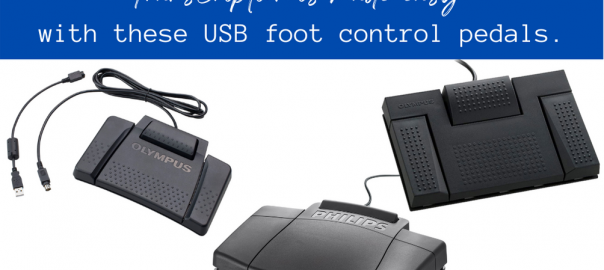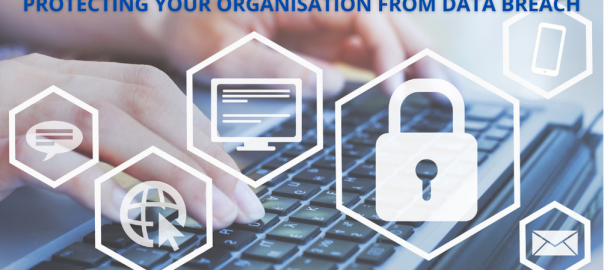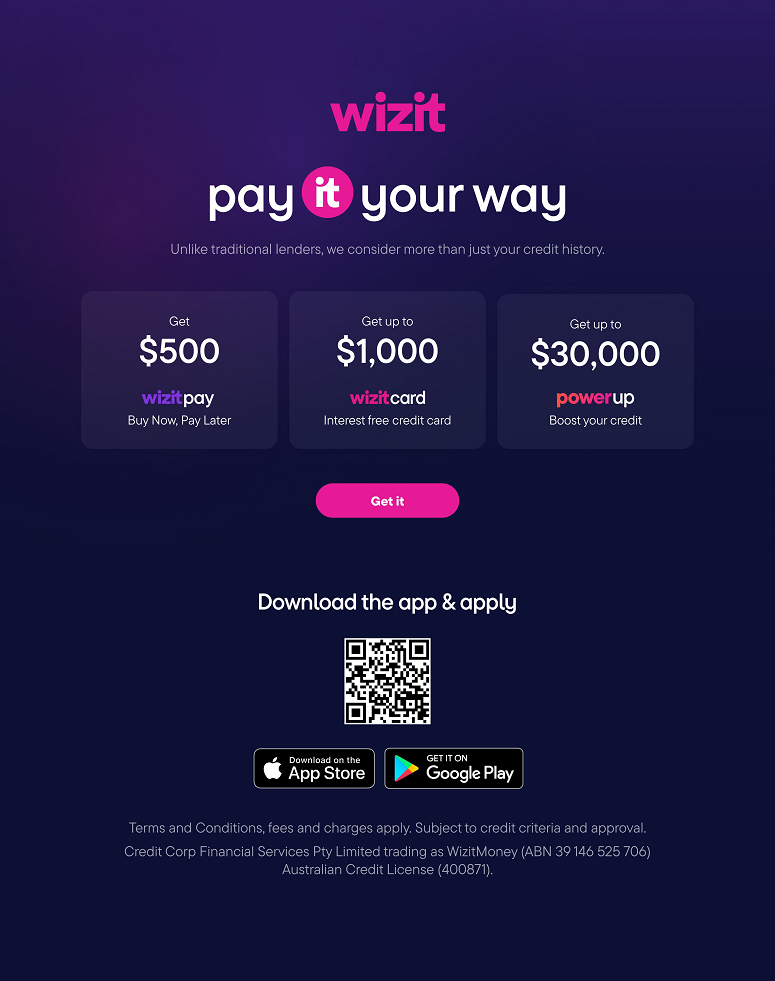My Health Care Record and How It’s to be Kept Confidential

In connection to the Privacy Act 1988, the My Health Records Act of 2012 came into existence in order to focus more on the laws governing the proper handling of health records and/or patient information in the country. The law was amended and was in force on the 27th of November 2015.
Every health care provider, may it be a public or a private entity is bound to the rules and regulations of the My Health Records Act of 2012 which stipulates the following (under the Federal Register of Legislation):
“The My Health Record system is a system for making health information about a healthcare recipient available for the purposes of providing healthcare to the recipient.
A healthcare recipient will have a My Health Record if the recipient registers in the My Health Record system. The Minister may, however, provide that the opt‑out model is to apply under My Health Records Rules made under Schedule 1. A healthcare recipient covered by those Rules will be registered in the My Health Record system, and have a My Health Record unless the recipient elects to opt‑out of the system.
The My Health Record system is operated by the System Operator. The System Operator operates the National Repositories Service, that stores key records that form part of a healthcare recipient’s My Health Record. Other records are stored by registered repository operators. Together these records make up a healthcare recipient’s My Health Record.
If a healthcare recipient is registered in the My Health Record system, a healthcare provider may upload health information about the recipient to the My Health Record system, unless the record is one which the healthcare recipient has advised the healthcare provider not to upload or the record is not to be uploaded under prescribed laws of a State or Territory.
Health information may be collected, used and disclosed from a healthcare recipient’s My Health Record for the purpose of providing healthcare to the recipient, subject to any access controls set by the recipient (or if none are set, default access controls). There are other limited circumstances in which health information may be collected, used or disclosed from a My Health Record. Criminal and civil penalties apply if a person collects, uses or discloses information from a My Health Record without authorisation. Enforceable undertakings and injunctions are also available to enforce the provisions of this Act.
An authorisation to collect, use or disclose information under this Act is also an authorisation to do so for the purposes of the Privacy Act 1988. A contravention of this Act is also an interference with privacy for the purposes of the Privacy Act 1988, and so can be investigated under that Act.”
Hence, as a leading provider of dictation and transcription devices, which are used by medical practitioners and health care industries, Copia, together with its partners is aiming to help you, your staff, and your businesses. We also aim to aid in the proper dissemination of patient information through the secured devices and networks we have engineered that enable the protection and encryption of data.
Accidents happen. It may be a car collision or an unprecedented breach of data. Sometimes, it doesn’t take one to be bad to break a law. Sometimes, it only takes an accident. However, there surely are ways to keep it from happening. In order to prevent the breaking of the law, turn to Copia for safe, secure, reliable dictation devices and transcription software.
Wait no more. Pick up the phone and call Copia at +61 8 82235590 today!




